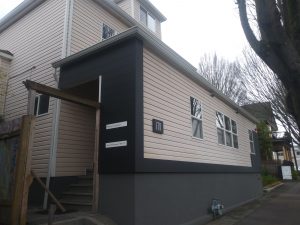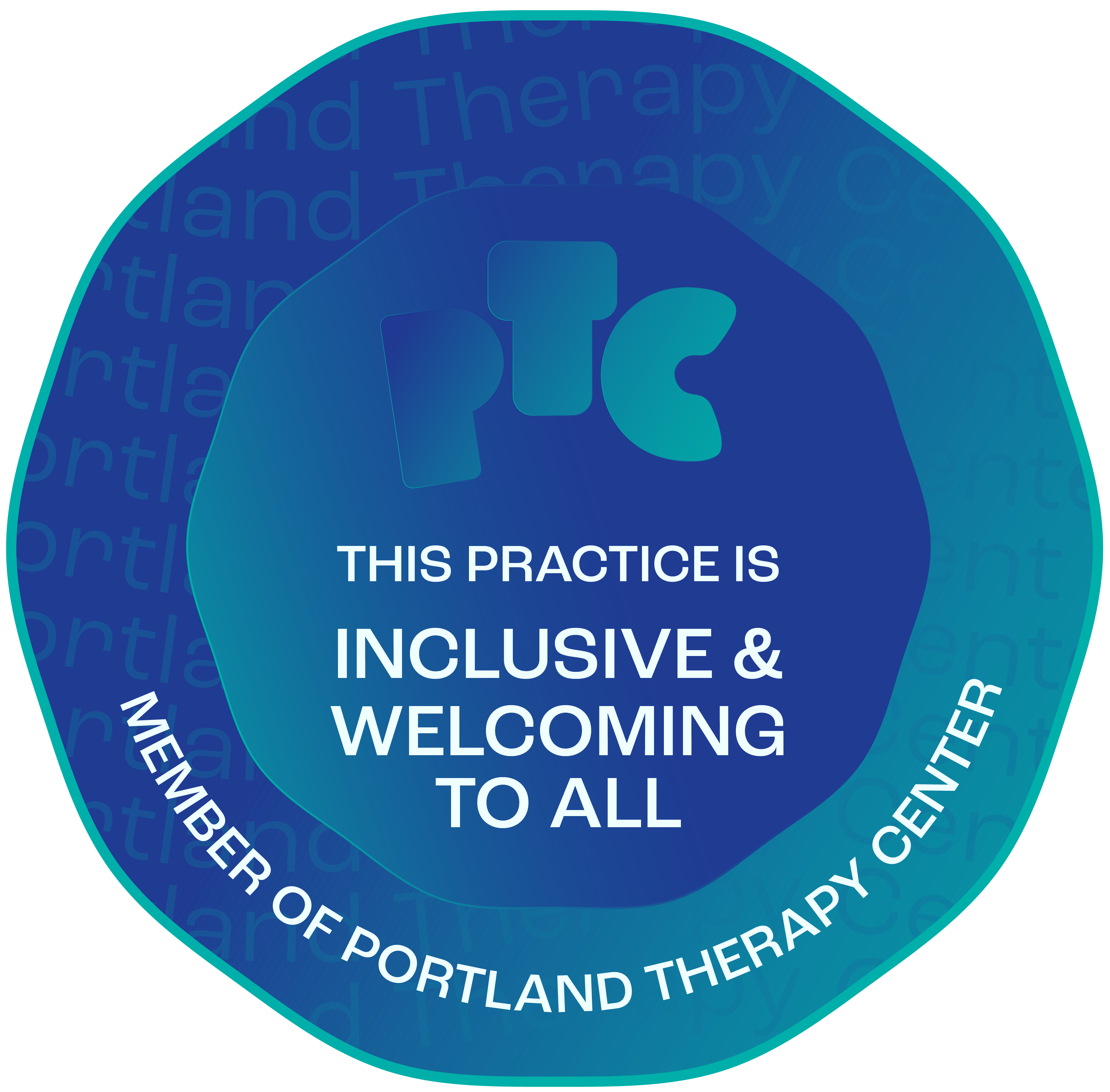Where are you located?
My office is close-in on the East side, centrally located on E. Burnside, in the Kerns neighborhood.
The address is 1711 E. Burnside St. Ste. 202 Portland, OR 97214.

How much does it cost?
I provide a variety of services with the following costs per session:
-Individual therapy: $150 (50 minutes)
-Prolonged Exposure: $225 (80 minutes)
-Skills Coaching: $80 (30 minutes)
-Professional Consultation: pricing based on need. Total cost to be determined at our initial (free) consultation.
Check out the services page for more info.
Workshops are $75 per class. Watch for discounts on Yelp and Groupon!
How do I pay?
I take cash, credit/debit cards, or checks. Payment is expected in full at the start of each session.
Do you take insurance?
I do not accepting insurance, so I am considered an out of network provider. Many insurance companies will reimburse out of network costs, either in full or partially. Check with your insurance carrier to find out. If they do, I will happily provide the information needed to achieve this (it’s called a Superbill). There is also a wonderful company called Better that helps clients get reimbursement for out of network services. Check them out here.
A word of caution in regards to using your insurance:
I have gone back and forth on whether or not I want to get paneled and accept insurances, and have come to the decision not to. Mainly because insurance companies like their rules. Like they tend to say a client can only have a certain number of sessions. To me this isn’t something that can be quantified. Everyone’s journey is different, and therefore the time it takes to complete the counseling process is different as well.
Insurances also require me to provide a “medical necessity” for treatment, which means I have to give you a diagnosis. This becomes part of your permanent medical record and can be considered a pre-existing condition. This is not something everyone wants or is aware of. Additionally, many of life’s problems, like relationship problems, are not mental health disorders. Many people seek treatment before their issue would meet criteria for diagnosis as a mental health disorder, which is exactly what you should do!
Do you have a sliding scale?
Yes. I see a limited number of clients at a reduced rate. If you are interested in working with me but are concerned that it would be a financial hardship, please call me to discuss your circumstances and if I have any reduced rate slots available.
What if I have to cancel?
If you miss a session without canceling, or cancel with less than 24 hours notice, you must pay for that session in full. I realize that life happens and some things can’t be avoided, so some exceptions can be made. Also, if you reschedule within the same week you will not be charged for the missed session.
Do you keep our sessions confidential?
Legally and ethically all therapists are required to maintain confidentiality with their clients. There are a few exceptions:
I am mandated to report child abuse, adult dependent abuse, and elderly abuse.
In rare cases, I could be subpoenaed to testify in court.
If someone is actively suicidal or homicidal therapists are allowed, and in some cases mandated by law, to act to ensure safety of clients or others.
Other than those exceptions sessions are confidential.
Anything else I should know?
You are welcome to call, email, and text me outside of our sessions for scheduling purposes only. Please know that text and email are not secure forms of communication and your confidentiality cannot be assured with those means.
Phone: 503.765.2677
Email: counselingwithjenna@gmail.com
Sessions are 50 minutes long and payment is due in full at the time of service.
I do not provide crisis services. If you are experiencing an emergency, please call 9-1-1, the Multnomah County Mental Health Call Center at 503-988-4888, or go to the nearest emergency room.
What happens if I’m having thoughts of suicide? Will I be hospitalized?
Hospitalization is the very last resort when helping someone stay safe from suicide. Effective suicide prevention work requires a safe space to talk about suicide. Someone having thoughts of suicide often is alone with these thoughts thinking they are too burdensome and alienating. These thoughts require a space to be voiced and explored to understand the pain they are rooted in. Safety is best achieved through collaboration to find out what works best for you when staying safe from suicide. There are many effective ways other than hospitalization, however, it is a required last resort if there is no other way to prevent a suicide.




